Jews
Origins
The origins of the Jewish people are traced back to the Bronze Age in the Middle East, where the religion of Judaism was established. The earliest known Jewish communities were in Mesopotamia (modern-day Iraq) and Canaan (modern-day Israel and Palestine). The Jewish people are considered to be the descendants of the ancient Israelites, who followed the religious teachings of the Torah, which is the first five books of the Hebrew Bible Hebrew Bible. The Israelites were led by patriarchs such as Abraham, Isaac, and Jacob, and later by prophets such as Moses Moses and Aaron Aaron.
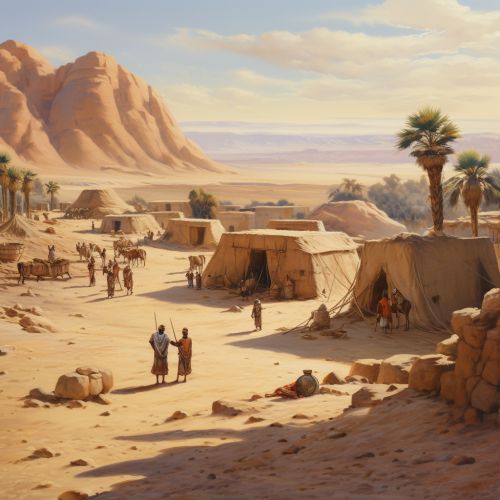
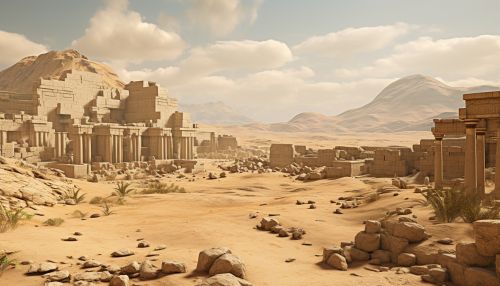
Jewish Diaspora
The Jewish Diaspora refers to the dispersion of Jews out of their ancestral homeland and their subsequent settlement in various parts of the globe. This began in the 8th century BCE during the Assyrian conquest, and continued during the Babylonian exile in the 6th century BCE. The Roman conquest of Jerusalem in 70 CE led to a large-scale dispersion of Jews across the Roman Empire and beyond. The Jewish Diaspora has resulted in a variety of Jewish communities, each with its own unique customs, traditions, and interpretations of Jewish law Jewish law.
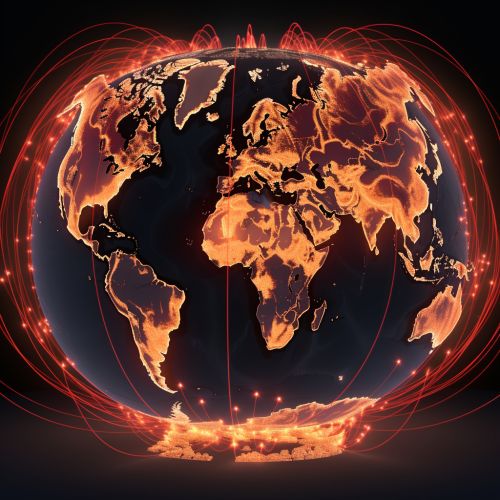
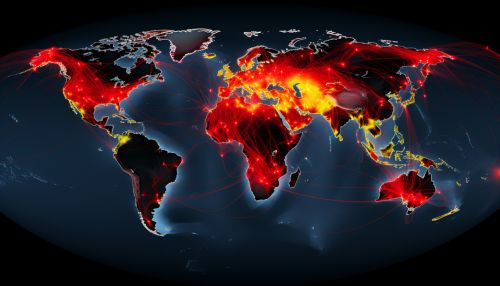
Jewish Culture
Jewish culture encompasses the religious, social, and intellectual achievements of the Jewish people. It is shaped by the values of the Torah and Talmud, as well as the historical experiences of the Jewish people. Jewish culture includes a rich tradition of literature, music, art, and cuisine. It also includes a strong tradition of social justice and intellectual inquiry, which has led to significant contributions in fields such as science, philosophy, and law.
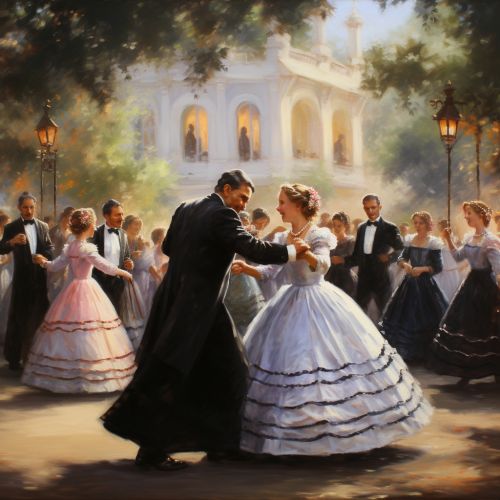

Judaism
Judaism is the religious belief system of the Jewish people. It is one of the oldest monotheistic religions, with a rich history and a complex system of laws and ethics. Judaism is based on the Torah, which is considered by Jews to be the word of God as revealed to Moses on Mount Sinai. The Talmud, a collection of rabbinic discussions on Jewish law, ethics, philosophy, customs, and history, is also a central text in Judaism.


Holocaust
The Holocaust was a genocide during World War II in which six million Jews were systematically murdered by Nazi Germany. The Holocaust is a central event in Jewish history and memory, and it has had a profound impact on Jewish identity and culture. The Holocaust is commemorated annually on Yom HaShoah, a day of mourning and remembrance.
Modern Israel
The modern state of Israel was established in 1948, following a vote by the United Nations. The establishment of Israel was seen by many Jews as a response to the Holocaust and a fulfillment of the Zionist dream of a Jewish homeland in Palestine. However, the establishment of Israel has also led to ongoing conflict with the Palestinians and neighboring Arab states.


See Also
References
1. "The Origins of the Jewish People." Encyclopedia Britannica. [1] 2. "Jewish Diaspora." Jewish Virtual Library. [2] 3. "Jewish Culture." My Jewish Learning. [3] 4. "Judaism." BBC Religions. [4] 5. "The Holocaust." United States Holocaust Memorial Museum. [5] 6. "Modern Israel." Israel Ministry of Foreign Affairs. [6]
